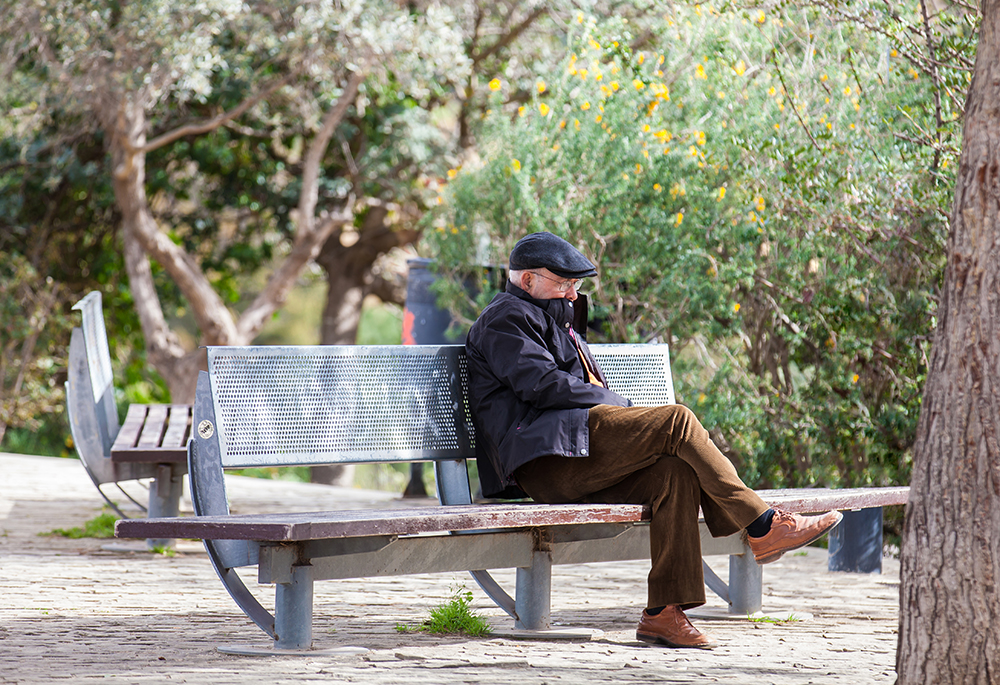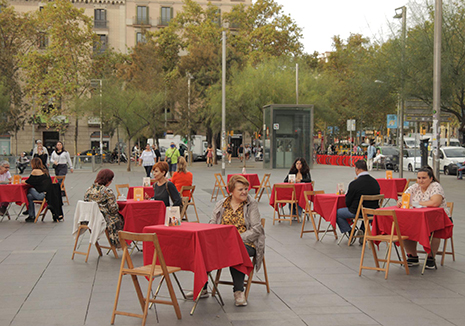- Home
- Unwanted loneliness
Unwanted loneliness
Unwanted loneliness
Unwanted loneliness has ceased to be a question of age to become a completely transversal problem: it can affect anyone in any situation or moment of life. According to the European Commission on Mental Health, 221% of the European population feels lonely and 131% consider themselves isolated. A very similar percentage of Catalan citizens aged 15 and over, 22.6%, experience the same feeling of loneliness, in accordance with theCatalonia Health Survey.
Dismantling some prejudices, it is the group of young adults – between the ages of 18 and 34 – who feel the most lonely and isolated. Young people, those who experience work or economic difficulties, those who have a disability or a chronic physical or mental health problem are more likely to suffer from this problem. Accompaniment is part of the essence of Esperança en Línia. Emotional loneliness – along with mental health problems – constitutes one of the main problems of people who seek our services.
As part of the entity's mission, all devices offer a space of affection and trust where people can establish a meaningful bond and alleviate the feeling of loneliness, while receiving information about which public services or community resources can help them break through this isolation.




